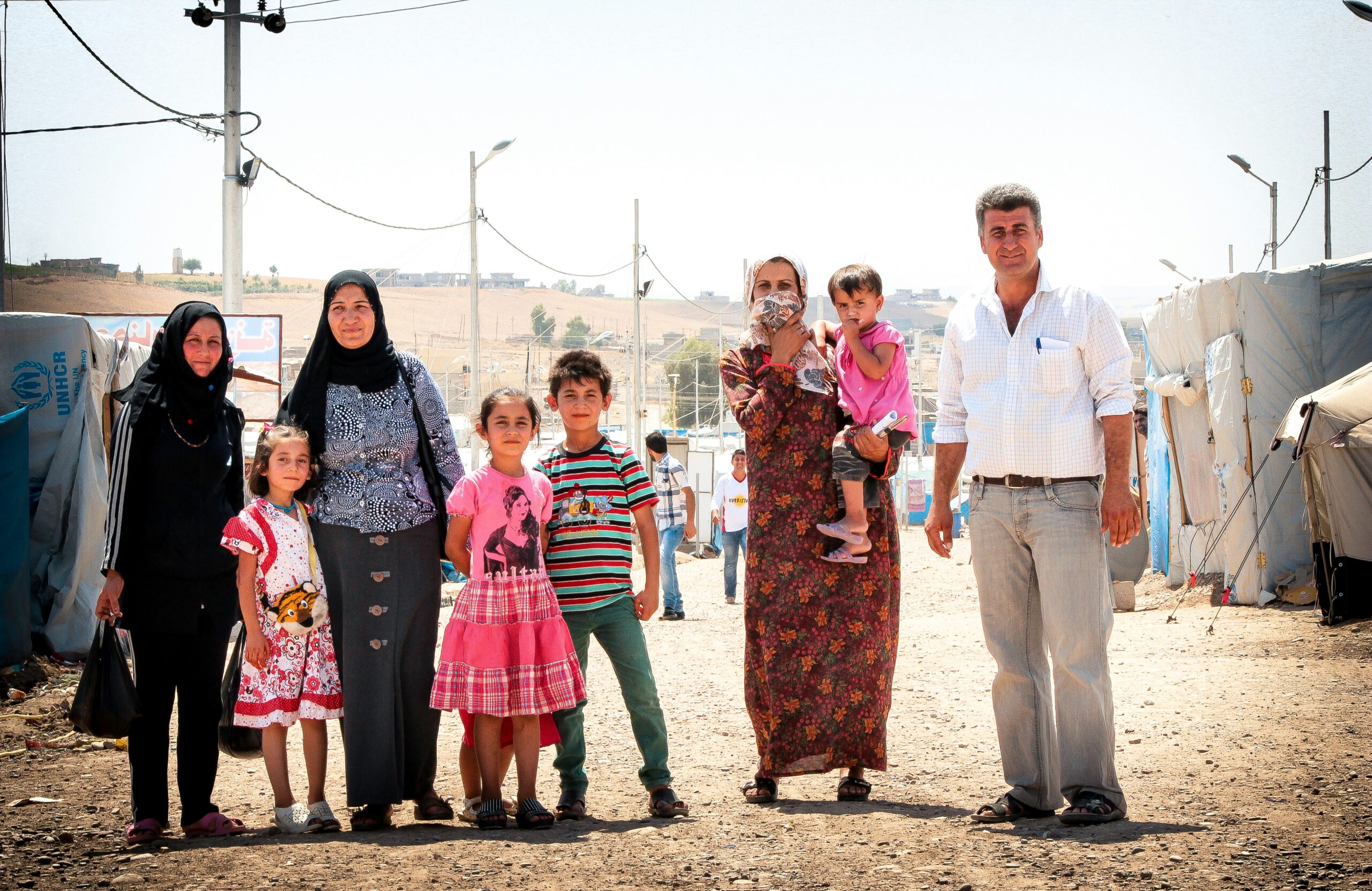This Article aims to provide an overview of the recently issued Iraqi Health Insurance Law no. 22 of 2020 (the ‘Health Insurance Law’). It covers the entry into force, insurance coverage, financing of the healthcare insurance programme, and interaction with healthcare providers.
Entry into force
The Health Insurance Law specifies three transitional phases for its entry into force. The first phase will conclude after twelve months from publication of the Health Insurance Law in the official gazette.
Insurance coverage
The Health Insurance Law has a redistributive effect and treats covered beneficiaries differently depending on their income. Subject to regulations to be issued in co-operation with the Ministry of Health, the Health Commission will cover the cost of health care benefits determined by regulations to be issued by the Ministry of Health.
Financing the Healthcare Programme
The Health Commission is an independent legal entity that is tax-exempted and will be financed from the following sources:
- allocation from the government budget as a part of the budget for the Ministry of Health;
- mandatory contributions of employers and companies (to be determined by a regulation issued by the Council of Ministers);
- donations, interest, and investments
and more
Interaction with Healthcare providers
The Health Insurance law provides a mandate for the Health Commission to contract with public and private healthcare providers and issue regulations in co-operation with the Ministry of Health concerning the practices of such healthcare providers as well as supervision of the healthcare services offered to covered beneficiaries.
To know more, read the full article originally published in Al-Tamimi & Co HERE.
Have anything to say about Iraq’s social health protection and universal health coverage? Please let us know in the comments section below.
Image credits: Unsplash



